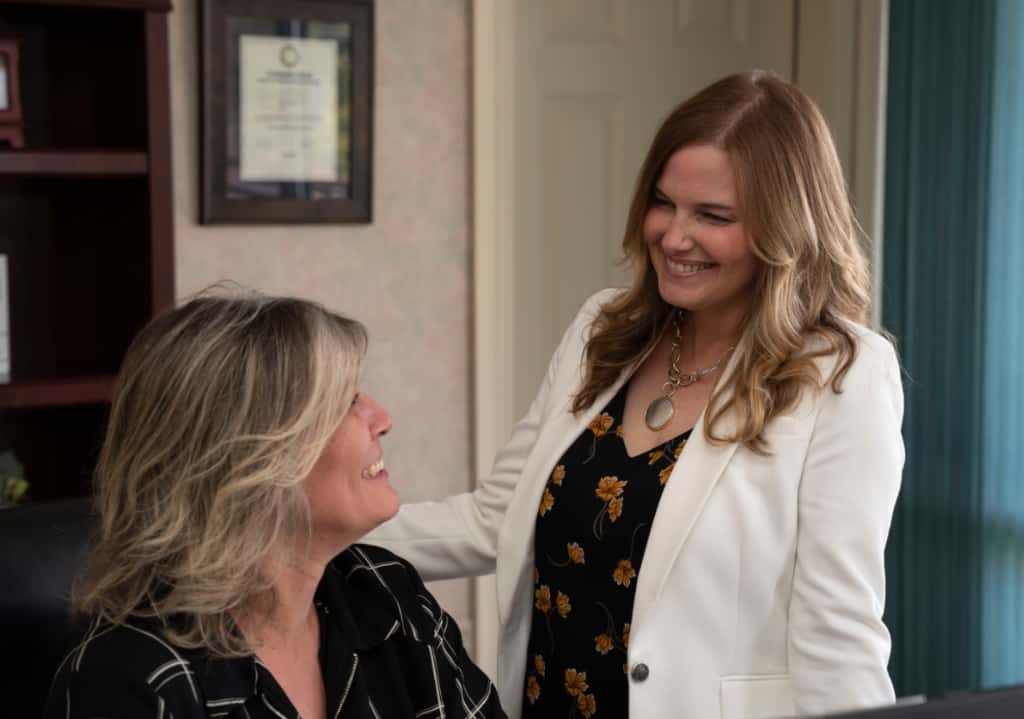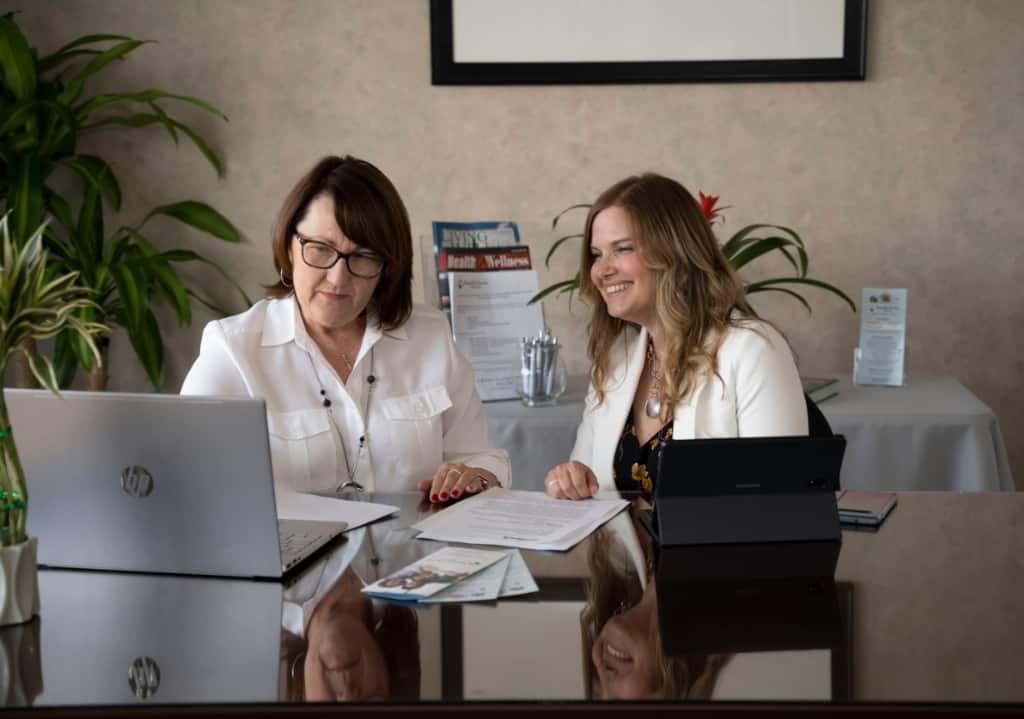Customer Story: Family Choice Home Care

What led you to make the leap from working for someone else to being your own boss? For Linda Gregory and Sybil Forsythe, co-owners of Family Choice Home Care, they saw an opportunity in the home care market in Kentucky and decided to make the leap. This year, they’re celebrating their 10th year in business, with many goals on the horizon for expansion.
Read on to learn more about how they got their business off the ground and some of the challenges they faced while growing their business.
Where did you get the idea for your business?
Sybil got the idea for her business from her previous work in a long-term care and nursing facility. As she says, “I came across a patient who was completely independent for the most part in all of her daily activities, and I became curious one day and asked her why she was at this facility when she seemed like she was very capable of taking care of herself. She said that she had a fall, she had no family nearby and had been on the floor of her home for several days before someone found her. That was enough to scare her to where she wanted to come to the facility so that she knew she could be taken care of. This gave me the idea for a business where we provide people with someone who comes to their home every day to take care of them.”
Linda elaborates that their business “actually has two arms. On one side, we provide non-medical home care for individuals who want to avoid going into a nursing home prematurely. On the other side, we also contract with physical, speech and occupational therapists to provide services for our clients.”
How did you finance your business?
Linda and Sybil struggled in the beginning to manage their cash flow. Linda says, “initially, we were very frugal with our finances. Many times, we have had to use our own personal cash or credit cards to help fund the agency, especially when we did not have adequate cash flow, and we were waiting for some of the contracts to pay.”
In particular, managing their cash flow in between contracts was problematic. Sybil describes: “Obviously cash flow is always a huge challenge for business owners – you have to bridge the gaps between getting a big contract and paying your employees and bills. And maybe this company has a 60-day payment term, so that’s always a challenge. And again, using or obtaining working capital to grow your business and fill those gaps is always a challenge, especially as a newer company.”
It was even harder than usual for Sybil and Linda to obtain business financing since their business was service (rather than product) based. Sybil says, “We’re a service-oriented business, so we don’t carry products, or own a commercial building, or anything of that nature. It was difficult to prove to a lot of our financial institutions that our business had worth to it, so there were times that we did have to bridge the gaps using personal credit cards, or our own cash, to be able to keep the business going.”

Starting a Business as a Woman Business Owner
Beyond the challenges they faced getting finances as a service-based company, Sybil also felt that being a woman made it harder for them to get financing from traditional sources. She says, “I think most of the contacts that we had dealt with were male and whether it’s conscious, or subconscious, I think sometimes the perception is that females don’t always have the business knowledge needed to run their business, or offer products, or marketing, or able to run finances. It was a refreshing change to work with a female at OnDeck – it was fantastic because I felt like she understood us both on a business and a more personal level.”
On a personal level, both Sybil and Linda said it was a struggle to start a business and take care of a young family. Sybil says, “Personally a challenge for me in starting my own business was learning to juggle family, children and business. Obviously starting a new business is very time consuming. I had young children at the time and learning how to juggle those was definitely a difficult challenge. But I felt like I needed to go ahead and jump on this opportunity while I could, even if it was part-time. And now it’s grown significantly and we’ve been in business 10 years and we’re very proud of that.”
What advice would you give to other women business owners?
Both Linda and Sybil stressed the importance of over-preparing for negotiations and financing conversations as a woman business owner. Linda offered some of the following tips:
“I think new female business owners need to do a few things to be successful in business. First, they need to define what they really want to do and read the market. They need to see if this is something in the market that can be profitable – is it something that people need? They need to have a clear business plan, and should seek out other female mentors in business to help guide them.
Second, they need to make sure that they understand state and federal regulations, and know that they change all the time. For example, if you have a small company and you’re starting out with just a few employees, you may only have to pay your taxes every quarter. But as your business grows, then you start having to pay your taxes monthly. So people really need to be aware of those regulations.
Lastly, I also think that they need to make sure that they pay their bills on time, so they can establish a good credit record when they do need to increase their financing.”

What excites you most about running your own business?
Like many other business owners, Sybil and Linda are excited about their business opportunities for expansion. As Linda says, “We are both very excited about growing the company. We would love to be able to provide therapy services, as well as personal care services throughout the state and eventually into other states. We’re looking at starting new programs that we can offer some of our contract companies. We’re also looking at making sure that we have the most qualified individuals that work for us, whether it is for the personal care area, or if it’s with the contract services.”
Beyond just growing their business though, what both Linda and Sybil like about being business owners is the freedom it gives them. Sybil says, “I love the ability to make our own decisions. If we want to provide extra care to a client at no cost, we can do that. If we want to provide extra time off or additional time off for an employee, we can do that, because we’re the corporate office.”
Linda agrees: “I like being a business owner because it allows me to set my own path for success. I have worked at places in the past where what we focused on was mandated by the people that were in upper management. And being a small business owner myself, I can focus on those things that I feel are important. And also, it gives us the opportunity to be able to help not only the clients we serve, but also help our employees maximize their potential.”

